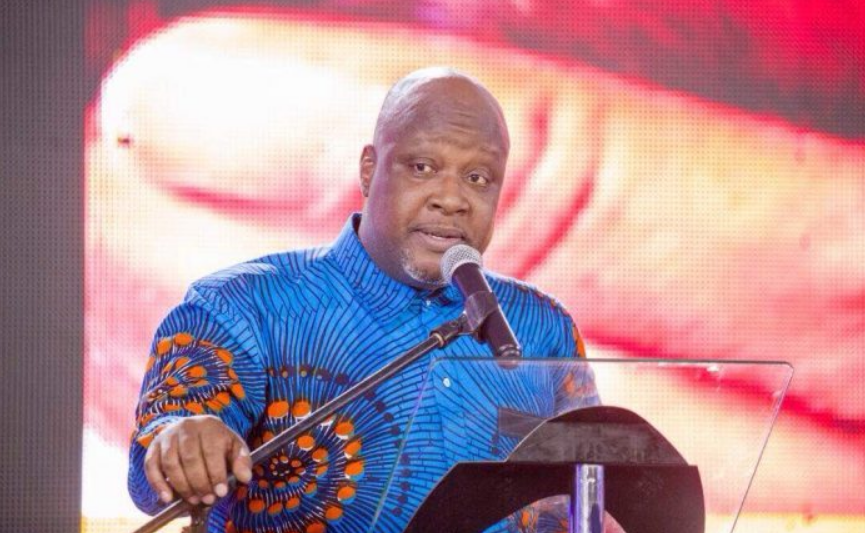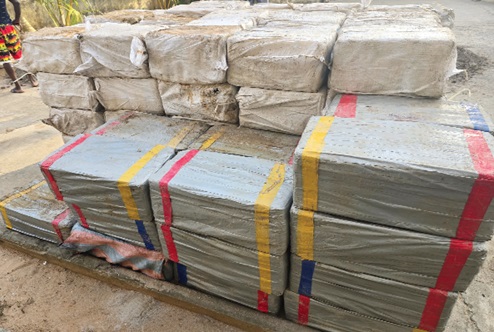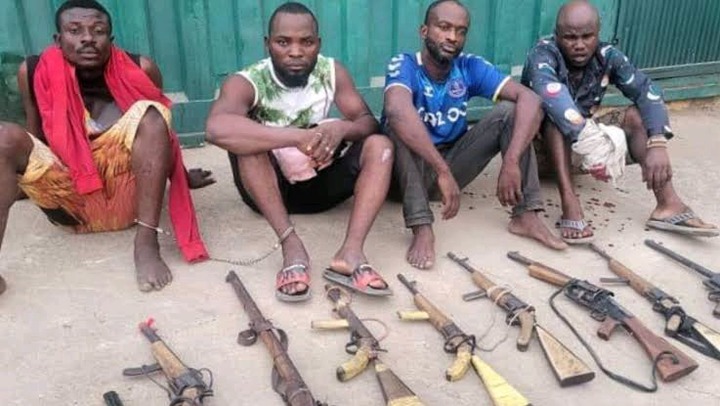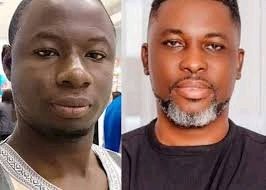
In a recent heated exchange that has captivated public attention, renowned Ghanaian broadcaster Sefa Kayi has fiercely responded to comments made by political commentator Okatakyie Afrifa concerning illegal mining, commonly known as “Galamsey.” The verbal clash highlights the escalating tensions surrounding Ghana’s ongoing struggle with illegal mining and its impact on the country’s environment and economy.
The controversy began when Okatakyie Afrifa criticized several high-profile figures for their alleged involvement or complacency in the illegal Galamsey trade. Afrifa’s comments, though not naming specific individuals, implied that certain prominent personalities were either directly involved in or were turning a blind eye to the destructive activities associated with Galamsey. This broadside was interpreted by many as a veiled attack on influential media figures and public commentators who have been vocal about the issue.
Sefa Kayi, a respected media personality known for his sharp commentary and substantial influence in Ghanaian media, took to social media to challenge Afrifa’s assertions. In a direct and unambiguous response, Kayi accused Afrifa of cowardice and demanded that he specify his allegations if he stood by his statements.
“You’re a coward, Okatakyie Afrifa,” Kayi wrote. “If you’re a man, have the guts to mention my name directly instead of hiding behind veiled accusations. If you have something to say about me, be honest and straightforward.”
Kayi’s response underscores his frustration with what he perceives as unsubstantiated and indirect criticisms. He has been a staunch advocate against illegal mining and has often used his platform to shed light on the environmental and social consequences of Galamsey. Kayi’s challenge to Afrifa reflects his commitment to transparency and accountability.
Okatakyie Afrifa, in his initial comments, had condemned those who, in his view, had failed to address the illegal mining crisis adequately. While he did not name names, his remarks suggested that some well-known figures were either complicit or insufficiently critical of the Galamsey trade.
His statements were part of a broader discourse on the negative impacts of Galamsey, which has caused significant environmental degradation, including deforestation and water pollution. The issue has been a contentious topic in Ghana, with various stakeholders, including government officials and activists, voicing differing opinions on the best approach to tackle the crisis.
The exchange between Kayi and Afrifa has stirred considerable debate among the public and political commentators. Supporters of Kayi have rallied behind him, praising his call for direct confrontation and accountability. Meanwhile, Afrifa’s supporters argue that his critiques are necessary for exposing corruption and inefficiencies in the fight against illegal mining.
Political figures and civil society organizations have weighed in, urging both parties to focus on constructive dialogue and solutions. The Galamsey issue remains a pressing concern, with widespread calls for more effective enforcement of environmental regulations and greater transparency in addressing the illegal mining sector.
The exchange between Sefa Kayi and Okatakyie Afrifa highlights the intensity of the debate surrounding Galamsey and the broader issues of accountability and integrity in addressing national challenges. As both figures continue to articulate their positions, the focus remains on finding practical solutions to combat illegal mining and its devastating effects on Ghana’s environment and communities.
The public eagerly awaits further developments in this discourse, hoping that it will lead to meaningful actions and resolutions that will benefit the country’s ecological and economic well-being.
Source: m.dailyadvent.com




